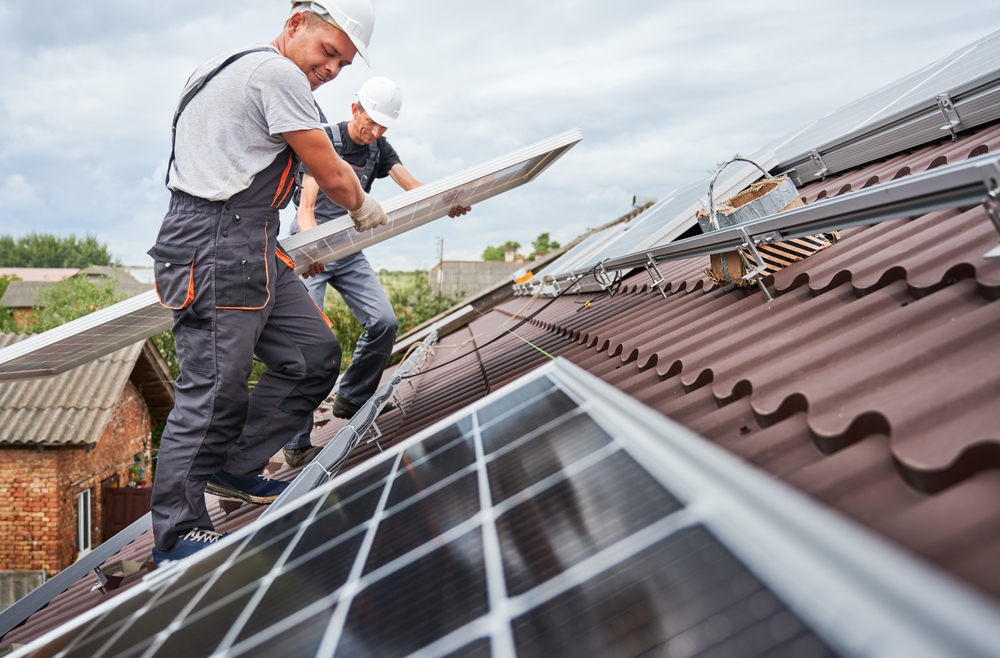The use of solar panels is becoming increasingly popular due to their many benefits, including the reduction of energy costs and lessening environmental impact. Solar panels convert sunlight into electricity, providing a renewable and clean source of power. This article will delve into the benefits of solar panels, the number of panels needed for an average-sized house, and their longevity.
What are the benefits of solar panels?
Solar panels provide several benefits that contribute to their growing popularity. Firstly, they can significantly reduce electricity bills. After the initial investment, the energy they generate is virtually free.
Additionally, solar energy is a renewable resource, meaning it can never run out as long as there is sunlight. This makes it a more reliable source of energy compared to fossil fuels, which are finite and can fluctuate in price.
Moreover, solar panels produce clean energy, thereby reducing greenhouse gas emissions. This is particularly important in the fight against climate change, as the burning of fossil fuels for electricity is one of the largest contributors to global carbon emissions.
Finally, solar panels can increase property value. As more people become aware of the financial and environmental benefits of solar power, homes equipped with solar panels are becoming more desirable in the real estate market.
How many solar panels are needed for the average sized house?
The number of solar panels required for an average-sized house depends on several factors including the house’s energy consumption, the panel’s wattage, and the amount of sunlight the area receives.
Typically, an average-sized house uses approximately 10,000 kilowatt-hours (kWh) of electricity per year. Given that a single solar panel produces around 1.2 kWh per day, about 28-34 solar panels would be required to cover 100% of the electricity use of an average-sized house.
However, this is a generalized estimation. It is recommended to have a professional assessment of your home’s energy needs and the solar potential of your location for a more accurate estimation.
How long do solar panels last?
Solar panels are designed to be durable and long-lasting. Most manufacturers offer 25-year warranties, which is often used as an indicator of the lifespan of solar panels. However, studies show that even after this period, solar panels can still produce 80% of their initial output.
Factors such as weather conditions, maintenance, and quality of installation can affect the lifespan of solar panels. Regular cleaning and inspections can ensure that the panels are in good condition and prolong their life.
Moreover, while the efficiency of solar panels may decrease over time, technological advancements are constantly improving the longevity and performance of solar panels. Therefore, it is not uncommon for solar panels to last 30 years or more.
Solar panels offer an array of benefits from reducing energy costs, offering a renewable source of power, contributing to the reduction of greenhouse gases, and increasing property value. While the number of solar panels required for the average house depends on various factors, an estimate can be around 28-34 panels. Lastly, with proper care and maintenance, solar panels can last from 25 to over 30 years, making them a worthwhile and sustainable investment for the future. As we continue to explore and perfect renewable energy sources, solar panels stand as a proven and beneficial option for both individuals and the environment.


